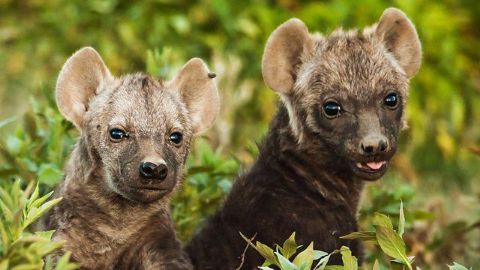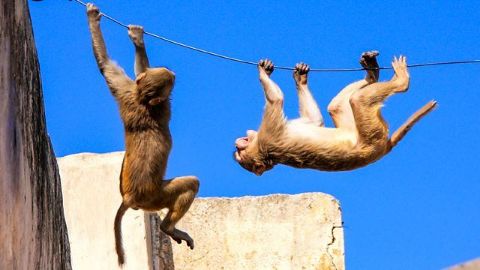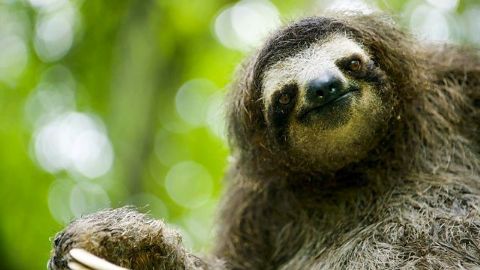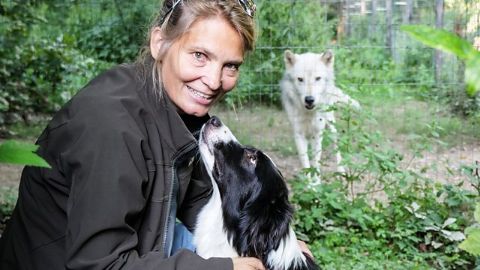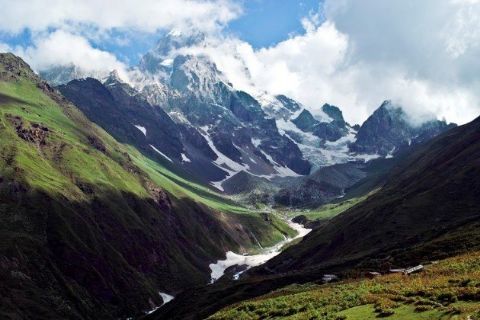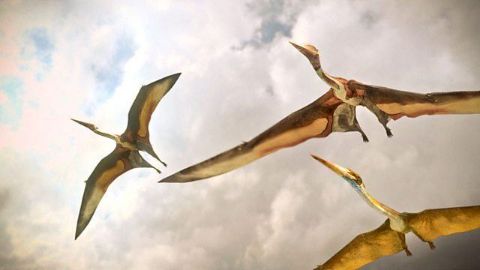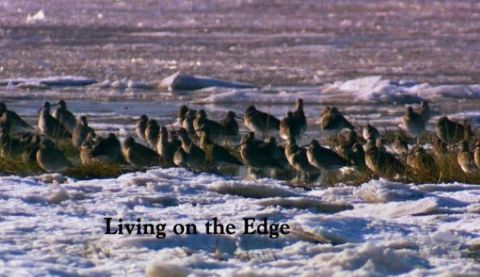Animals Behaving Badly • 2018 • 3 episodes •
Liz Bonnin meets the animals using outlandish means to find a mate and raise a family. From feisty mongooses who start wars to pick the perfect partner, to swaggering peacocks faking a mating call and thieving macaques who kidnap babies to get ahead, the natural world appears to be rife with animal rogues.
2018 • Nature
Liz meets the animal rogues doing whatever it takes to find food. From kleptomaniac crabs on a stealing spree, tigers deceiving their prey and chimpanzees waging war on their neighbours, the need for a square meal can drive many animals to some seemingly extreme behaviour. Liz sets out to discover the science behind these tactics, joining experts making new discoveries around the world. She sees macaques using psychology to pull off a theft, a spider conning its prey with a chemical disguise and the wedge-billed hummingbird stealing nectar from under the beaks of its rivals. When it comes to finding food, this outrageous behaviour is actually an ingenious way to get ahead.
2018 • Nature
Liz meets the animal rebels who will stop at nothing to survive. From cockatoos vandalising houses in Sydney, to crabs who hold nemones hostage to protect themselves, it seems there are no lengths these animals won't go to. Liz sets out to see these animals in action, revealing the science behind their extreme behaviours. She meets the sloth whose disgusting hygiene habits may help hide it from predators, the stone martens who cause millions of pounds' worth of damage to cars to protect their territories and the chimpanzees who use bullying tactics to get to the top. As Liz discovers, when life in the wild gets tough, this outrageous behaviour could just be the key to survival.
2018 • Nature
